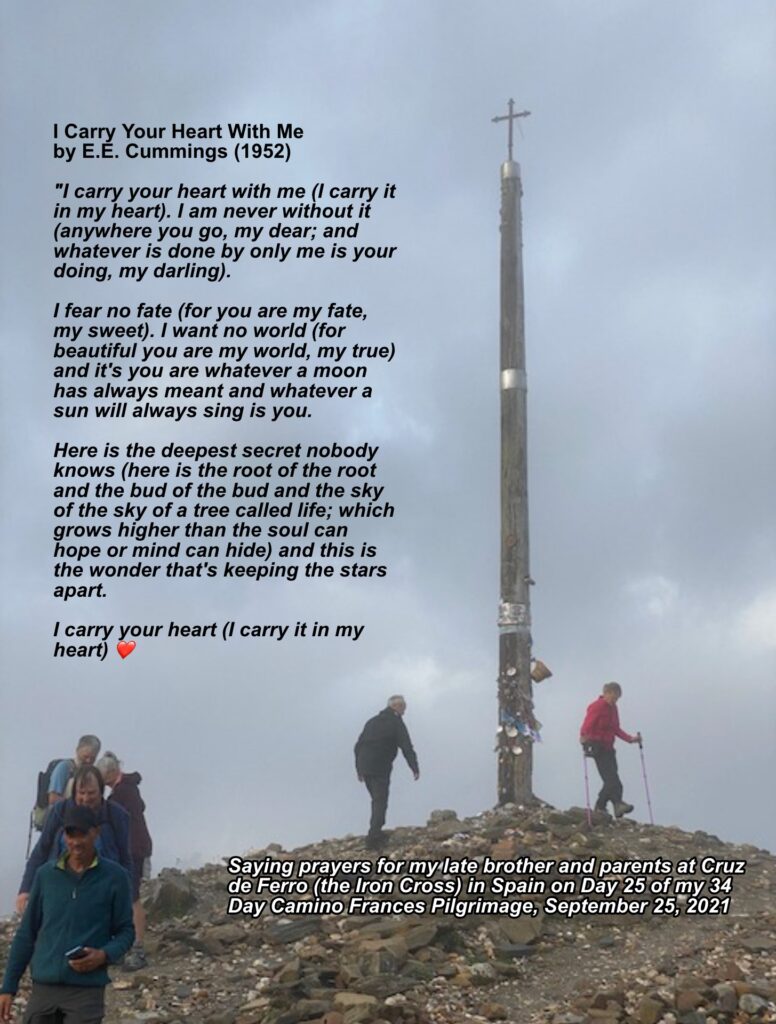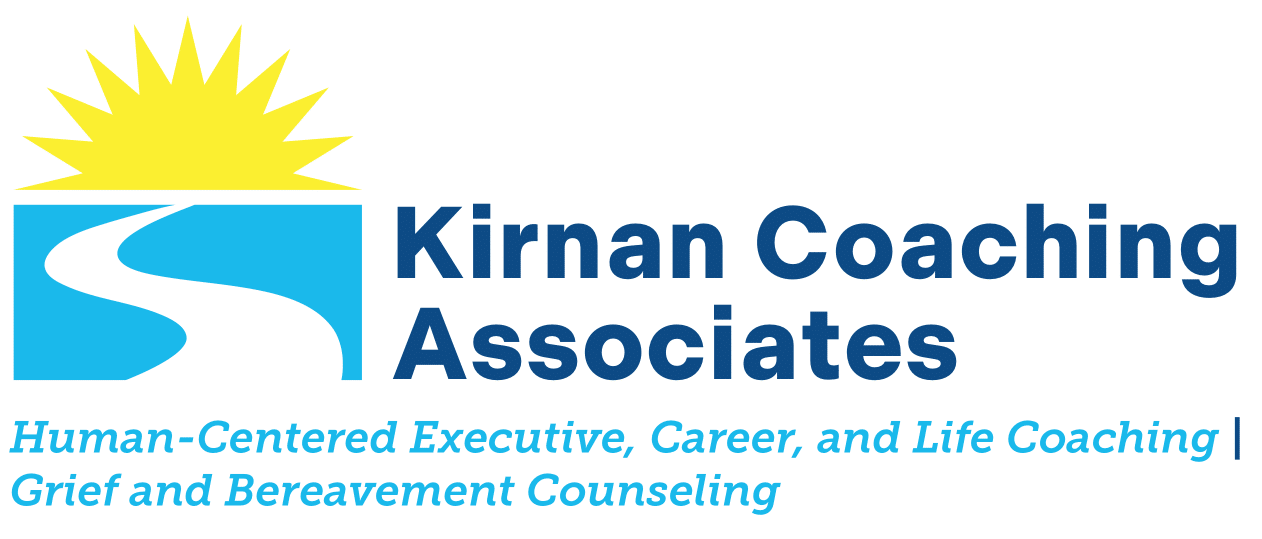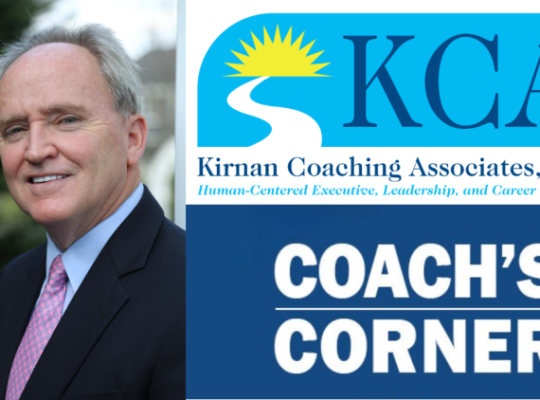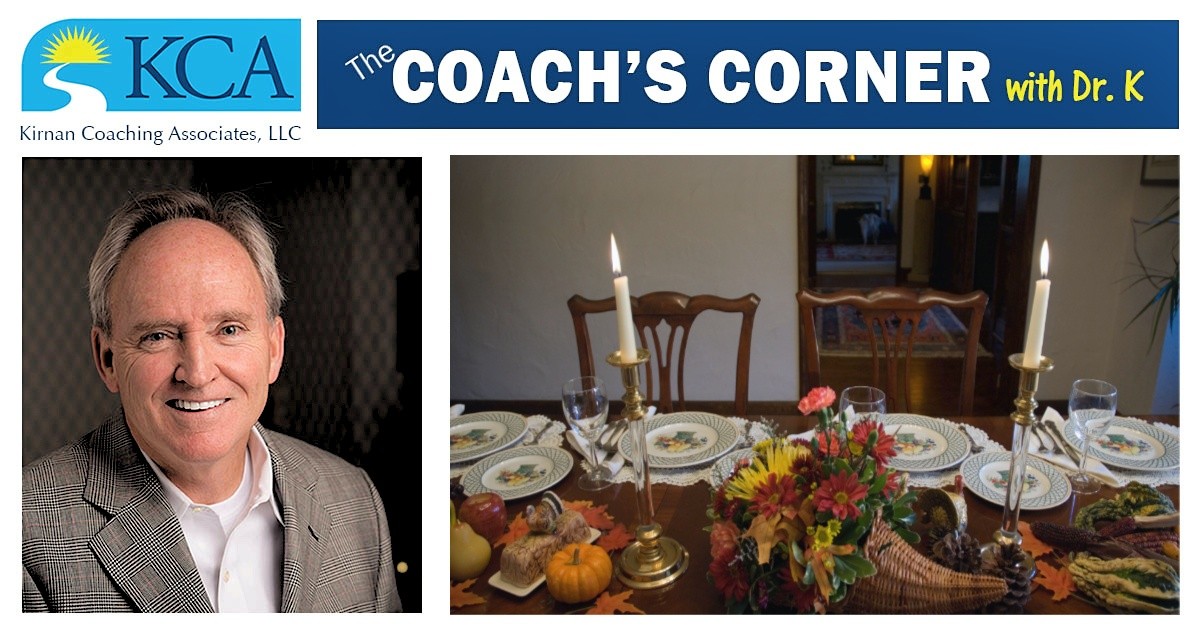“𝘿𝙚𝙖𝙩𝙝 𝙚𝙣𝙙𝙨 𝙖 𝙡𝙞𝙛𝙚, 𝙗𝙪𝙩 𝙞𝙩 𝙙𝙤𝙚𝙨 𝙣𝙤𝙩 𝙚𝙣𝙙 𝙖 𝙧𝙚𝙡𝙖𝙩𝙞𝙤𝙣𝙨𝙝𝙞𝙥 𝙬𝙝𝙞𝙘𝙝 𝙨𝙩𝙧𝙪𝙜𝙜𝙡𝙚𝙨 𝙤𝙣 𝙞𝙣 𝙩𝙝𝙚 𝙨𝙪𝙧𝙫𝙞𝙫𝙤𝙧𝙨 𝙢𝙞𝙣𝙙 𝙩𝙤𝙬𝙖𝙧𝙙𝙨 𝙨𝙤𝙢𝙚 𝙧𝙚𝙨𝙤𝙡𝙪𝙩𝙞𝙤𝙣 𝙬𝙝𝙞𝙘𝙝 𝙞𝙩 𝙢𝙖𝙮 𝙣𝙚𝙫𝙚𝙧 𝙛𝙞𝙣𝙙.” 𝙁𝙧𝙤𝙢 𝙩𝙝𝙚 𝙢𝙤𝙫𝙞𝙚 “𝙄 𝙉𝙚𝙫𝙚𝙧 𝙎𝙖𝙣𝙜 𝙛𝙤𝙧 𝙈𝙮 𝙁𝙖𝙩𝙝𝙚𝙧”(𝟭𝟵𝟳𝟬)
As a Bereavement Counselor and Grief Coach, I often witness how quotations from Scripture, selected prayers, beautiful music, clips from movies about grief, and poetry resonate with those I work with. These tools help validate one’s grief, a crucial first step in the grief journey. In my work with clients, we explore each phase of their grief, including:
· Acceptance of our loss, arguably the biggest challenge of all.
· Tapping our emotions regarding the loss so we can begin the healing process.
· Navigating the many adjustments and decisions we will have to make as we move forward in our grief.
· Being honest with ourselves regarding the challenges that our grief may impose on our faith and spirituality.
· Staying connected to our loved ones as we move forward into what we know will be a new and different life than before our loss.
That latter phase in the grief journey is often called Integration or how we can bring the loss of our loved ones forward with us into our future. It involves bringing the memory of our loved ones into our future, not denying the pain of loss or segmenting our life into the periods before and after the loss. Instead, it considers the entirety of our life’s journey, bringing moments of joy and love along with the sorrowful and difficult moments. It’s about keeping our loved ones with us as we move forward into a new life, acknowledging that they will always be part of who we are.
One of my favorite poems is by E.E. Cummings called “I Carry Your Heart” and I always share it with my fellow parishioners and the clients I am privileged to work with because the poem captures in a beautiful way the true spirit embodied in the concept of Integration and the eternal love we will always have for our loved ones. The poem is an acknowledgement that our loved one’s earthly life has ended but that we will always carry the joy and love we have for them forward in the life that still lies ahead of us.

So how about for you in working through the grief of losing your loved ones? Have you been able to integrate more love, joy and meaning for those you have lost? How do the good and bad moments sit with one another as you grieve the loss of your loved one? Have you noticed or found any positive meaning from your loss that has helped ease the burden and pain of grief for your loved one?
Wishing my clients, fellow coaches, colleagues, and friends the gift of God’s abundant blessings, Dr. K ![]()
![]()
![]()





